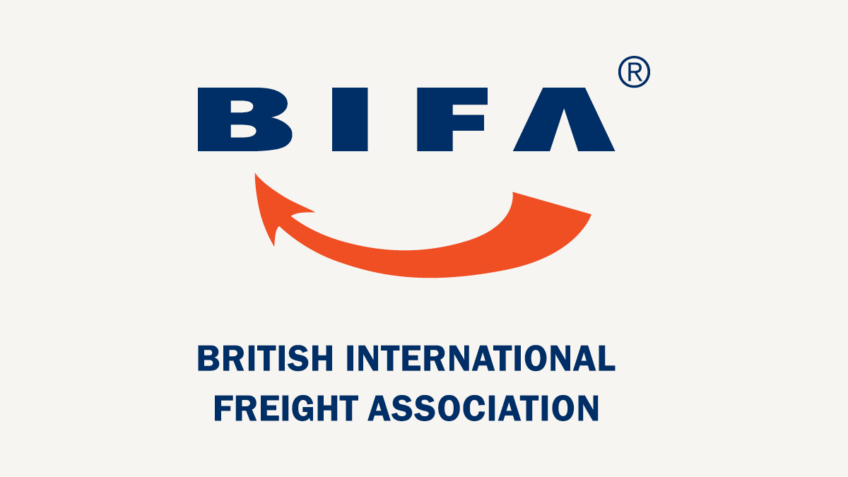Guest Blog Post | BIFA is cooperating with Pledge, an integrated carbon measurement and offsetting platform, to help its members better understand and address the environmental issues that affect how they manage international supply chains.
The top three reasons that companies delay taking action against climate change are:
- a lack of knowledge around sustainability
- a lack of time and
- a lack of funds
Pledge explores each of these three reasons and explains why they don’t have to prevent BIFA Members in making a difference.
Research conducted by the SME Climate Hub in February 2022, which surveyed around 200 SMEs in the UK has cited three top reasons for delaying climate action:
lack of skills and knowledge (63%) – lack of funding (48%) – lack of time (40%)
Addressing a lack of skills and knowledge around sustainability
Businesses across sectors are under increasing pressure and scrutiny when it comes to taking climate action. Stating your ESG values is just the beginning — you also need to demonstrate how you are assessing your carbon footprint and whether these actions are having a positive impact on the planet. With sustainability high on the agenda of many governments worldwide, there’s a lot of legislation to get your head around, and it can be difficult to know where to start. Here are our top tips.
- Get your head around the three different emissions scopes
- Get to grips with emissions factors and methodologies
- Understand the basics of offsetting
- Understand which climate recommendations apply to your business and what exactly you need to do to comply
Addressing a lack of funding
The second common reason for businesses failing to address their carbon emissions is a lack of funding. Many senior business leaders still see an investment in sustainability as having to sacrifice financial returns in favour of saving the planet. But this view certainly doesn’t prove to be true in the long run, and we’ll show you why.
- Understand the importance of playing the long game
A study by Harvard Business School discovered that businesses that developed processes to measure, manage, and report on ESG issues in the early 1990s outperformed a carefully matched control group over the twenty years that followed. Similarly, research conducted by Bank of America Merrill Lynch revealed that companies with a better ESG record than their counterparts had higher three-year returns. They were also less likely to have price declines and to go bankrupt.
- Know that being sustainable does not need to cost the earth
If you don’t have a huge amount of money to dedicate towards sustainable practices, make sure that you spend it wisely. Measuring your carbon footprint is a good place to start and it needn’t cost the earth. Using a tech platform means that you don’t have to hire an in-house team to produce your calculations for you, and it’s likely to be a considerably cheaper option than using a consultancy.
Addressing a lack of time
A lack of time arguably comes down to business priorities. Many leaders are under the impression that embedding sustainability into their business is a long-winded process that requires lots of investment in terms of time and resource. This doesn’t need to be the case.
- Empower your employees
Sustainability initiatives don’t always need to come from the top. Clothing retailer Marks & Spencer nominated sustainability champions in every one of its stores, who drive positive change throughout the company.
- Outsource the sustainability processes and tasks that you’re unable to do in-house
And if you’re looking to measure your carbon footprint to get a better understanding of how you might reduce it, consider using a climate tech provider that will take the leg-work out of the process for you, but always remember that due diligence is key.
A little climate action goes a long way
If you’re an SME wanting to embark on your sustainability journey, we hope we’ve given you some handy pointers on how to address some of the key barriers that may be standing in your way. Remember that even small actions can lead to considerable positive change.
–
Source: Pledge
PLEASE NOTE: All information contained in this article was correct at time of publication and obtained directly from Pledge. Please ensure information is cross-checked against current legislations before taking any action.
